The Mayoralty of Cali, Colombia, along with Uniandes and the World Bank, developed this project in order to design a short, medium and long term intervention strategy to reduce the vulnerability of the educational infrastructure of the Municipality of Cali facing natural threats and climate change, in the framework of the School Environment Improvement policy of the city. Uniandes was chosen by the World Bank to provide technical support to the Mayor's Office of Cali due to its excellence and innovative knowledge of the behavior of different constructive typologies, willingness to share knowledge, and extensive experience in safe school projects. In order to achieve the established objectives it was necessary to carry out the evaluation of the seismic hazard in the study area with the inclusion of the site effects generated by the geotechnical profile of the urban area, as well as the development of the exposure model compounded by school buildings of the public sector. With this information it was possible to evaluate the seismic vulnerability of the dominant constructive typologies and to define different intervention and reinforcement strategies. Finally, the seismic risk assessment of both the actual and the intervened states was performed in the CAPRA platform with the purpose of evaluating their expected seismic performance, and defining the technical bases for the elaboration of a pilot plan for the reduction of the seismic risk and improvement of the school infrastructure.

